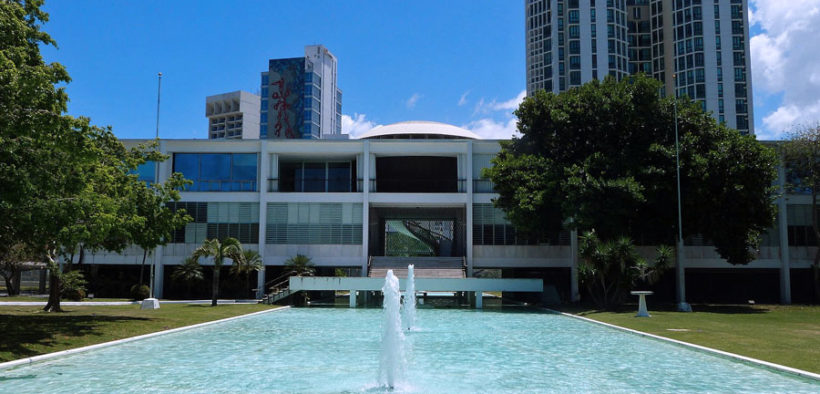PR Supreme Court backs CPI claims that Act 22 beneficiary reports are public

A panel of four Supreme Court justices unanimously rejected last Thursday a petition filed by the Puerto Rico Privacy Association (PRPA), which sought to sought to block a lower courts’ decision ordering the disclosure to the Center for Investigative Journalism (CPI, in Spanish) of the annual reports submitted by beneficiaries of the “Act to Promote the Relocation of Investors to Puerto Rico,” or Act 22, a statute that has been part of the Incentives Code since 2019.
The panel was composed by associate Associate Justice Rafael Martínez-Torres, who chaired it, and Associate Justices Erick Kolthoff-Caraballo, Roberto Feliberti-Cintrón and Angel Colón-Pérez.
The CPI requested the reports, which “resident investors” must submit to the Department of Economic Development and Commerce (DDEC, in Spanish) every year as required by Act 22, since April 2021. These reports break down each beneficiary’s personal and financial circumstances, such as the number of jobs created, the properties acquired, the time spent in Puerto Rico, among other data. The complaint asks for all information that is not considered personal.
As a result of the most recent court ruling, the CPI would receive information on the total net worth of resident investors under Act 22, the income that is tax-exempt, if they own or rent any property in the island, if they have a business established in Puerto Rico and the number of days they are on the island, as well as the approximate amount of money spent during the calendar year, and the amount of annual contributions made to local nonprofit organizations.
In August 2021, Superior Court Judge Alfonso Martínez-Piovanetti ordered the DDEC to deliver the reports, with the exception of personal data such as names, physical address, social security number and telephone number, which would be redacted or removed from the document prior to disclosure, as the CPI requested.
In June 2021, a three-judge panel of the Puerto Rico Court of Appeals confirmed Judge Martínez-Piovanetti’s decision in favor of the CPI, aftter an intervening party in the case, the PRPA, an organization that claims to represent Act 22 beneficiaries, filed an appeal. Judges Laura Ortiz-Flores and Giselle Romero-García, and Rapporteur Waldemar Rivera-Torres comprised the Court of Appeals panel that reviewed Judge Martínez-Piovanetti’s decision.
The PRPA, seeking to protect “the expectation of privacy” that Act 22 beneficiaries could have, argued before the Court of Appeals that the reports be turned over with the personal data redacted and requested that the information be disclosed only in an aggregated manner instead of releasing the reports as originally submitted to the agency.
The Court of Appeals ruled that the PRPA failed to demonstrate “how the constitutional right to privacy can be invoked in the form or format in which said information will be revealed,” particularly when Judge Martínez-Piovanetti had already ordered the elimination of personal data from the reports and in its lawsuit, the CPI recognized the confidential nature of these data. The Court reiterated that not all the information in the reports can be classified as confidential and that the DDEC’s legal representation had so admitted it.
An investigation that the CPI published in June 2021 found that this incentive has barely achieved any job creation and has had minimal economic impact when examining a random representative sample of 304 beneficiaries, which represented 10% of the 3,040 active Act 22 decrees at the time of the analysis. For almost eight years, there had not been any oversight by the authorities over these people and their compliance with the law.
The InterAmerican University of Puerto Rico Law School’s Legal Clinic and its attorneys Luis José Torres Asencio, Steven Lausell Recurt and Carlos Francisco Ramos Hernández represented the CPI in this case.












